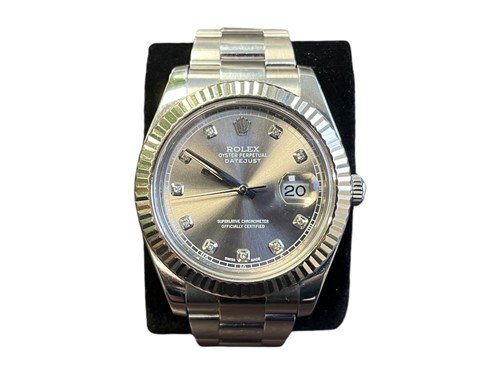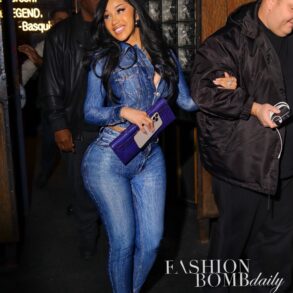By ReShonda Tate | Houston Defender | Word In Black
This post was originally published on Defender Network

(WIB) – It has been five decades since Bronx DJ Kool Herc introduced the world to a unique sound of spinning the same record on twin turntables to extend the song’s percussion breaks. It’s an art form that became known as hip-hop.

Over the years, hip-hop has grown to a culture-defining superpower that has seeped into almost every facet of culture, from runway fashion to professional sports.
Celebrations are being held all around the world to uplift and honor every aspect of hip-hop culture. From concerts and tours to battles, competitions, and exhibitions, all of your favorite DJs, MCs, Breakdancers, Beatboxers, Graffiti artists, and more are working to make this golden anniversary year of hip-hop extraordinary.
Fight the Power
The earliest days of hip-hop set the tone for not only the sound but an image, texture, and appeal that have transcended the genre. A party in the Bronx on August 11th, 1973 is widely considered to be the birthplace of hip-hop. That’s when 18-year-old Clive Campbell and his younger sister Cindy hosted a dance party, billed as a back-to-school jam, in the rec room of an apartment complex at 1520 Sedgwick Ave. in the Bronx, New York.
Clive, who spun records under the moniker DJ Kool Herc, had previously noticed that dancers responded to the instrumental breaks in songs, especially those heavy with bass and drums. So he set up two turntables and artfully switched between them to isolate and extend the “breakbeats,” never losing the rhythm. Hip-hop was born.
Many said it would be a fad, like so many pop-cultural trends before and after. But in the 50 years since that fateful event, hip-hop has entrenched itself in our society. The art form has since touched every corner of our world and evolved into one of the most significant cultural forces today.
H-town Sound
While much was made about hip-hop’s east coast and west coast sounds, Houston left its own mark on it, most famously through “chopped and screwed” music developed by artists like DJ Screw and Bun B, among others. From the legendary Scarface, whose poignant storytelling and raw lyricism have made him not just the best rapper from Houston, but one of the greatest rappers of all time, to artists like Fat Pat, Mike Jones, and Slim Thug, Trae the Truth and others, who each in their own way have personified the essence of the Houston rap game. These rappers, through their unique voices and distinctive styles, have embodied the soul of H-Town and subsequently impacted the culture far beyond the city limits, influencing entire generation of MCs across the globe.
Among those recognizing the importance of hip-hop on Black culture is The Houston Museum of African American Culture. The museum, in conjunction with the Emancipation Park Conservancy, put together a series of events called “Beats on Screen: A Celebration of Hip-Hop Cinema,” which featured three film screenings in the month of July to celebrate 50 years since the creation of hip-hop.
“I really wanted to do something to commemorate the 50th anniversary of hip-hop,” says HMAAC film curator Jasmine Jones. “So, that was really exciting for me. Hip-hop is, like, the soundtrack to my childhood. And, so, one of the things I wanted to focus on was hip-hop cinema — hip-hop films and classic hip-hop films. This just seemed like a perfect opportunity to celebrate the music, as well as the culture, and the way that culture has infused other mediums.”
While the screens have wrapped, HMAAC is considering extending the series and have more hip-hop movies in August, when hip-hop’s 50th anniversary celebration will take place in New York on Aug. 11.
Hating on Hip-Hop
Over the decades, detractors have come after hip-hop. Everyone from civic groups to women groups to politicians have assailed the “rawness” and “rudeness” of the industry. But the attacks reaffirmed the value to its fans. While critics disdained its language, there was an unrestrained honesty that spoke to younger people. And hip-hop was an underdog, fighting for respect from the makers of rock, jazz and country. But as the genre became more popular than any other, it eventually influenced all those styles that came before it.
Just as significant: Hip-hop sells movies, TV series, clothing, alcohol, sneakers, perfume, hair products and brands of every description — and has made billionaires of its sharpest entrepreneurs. (Jay-Z, Rihanna and Sean “Diddy” Combs are among the richest people in the world, from business ventures encompassing more than just songcraft.)
And with a new breed of artists coming up like Megan thee Stallion, Travis Scott and others, don’t look for the genre to fizzle out any time soon.
Support Our Work
Independent journalism needs YOUR support to survive and thrive. Help us achieve our mission of creating a more informed world by making a one-time or recurring donation today.












